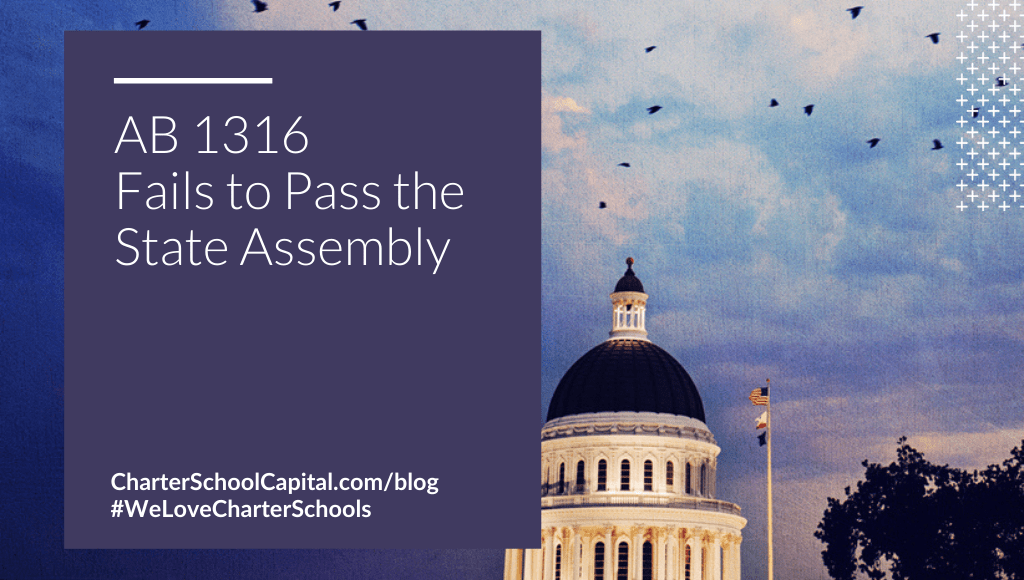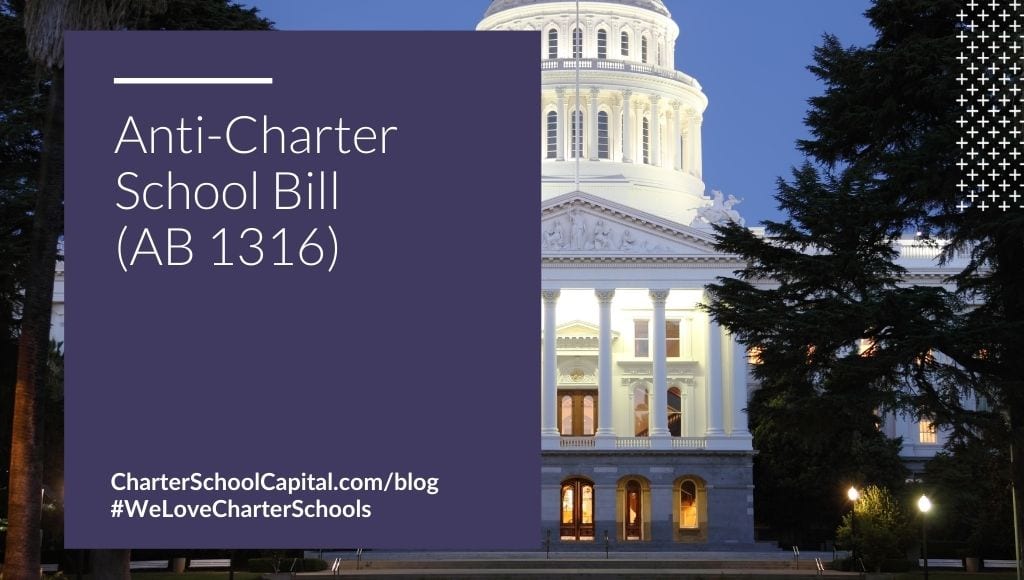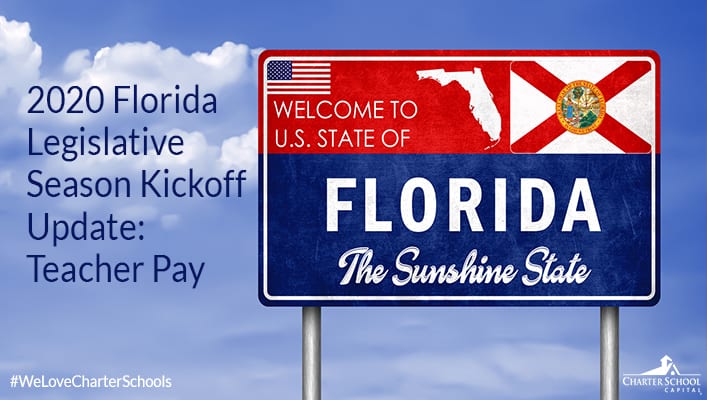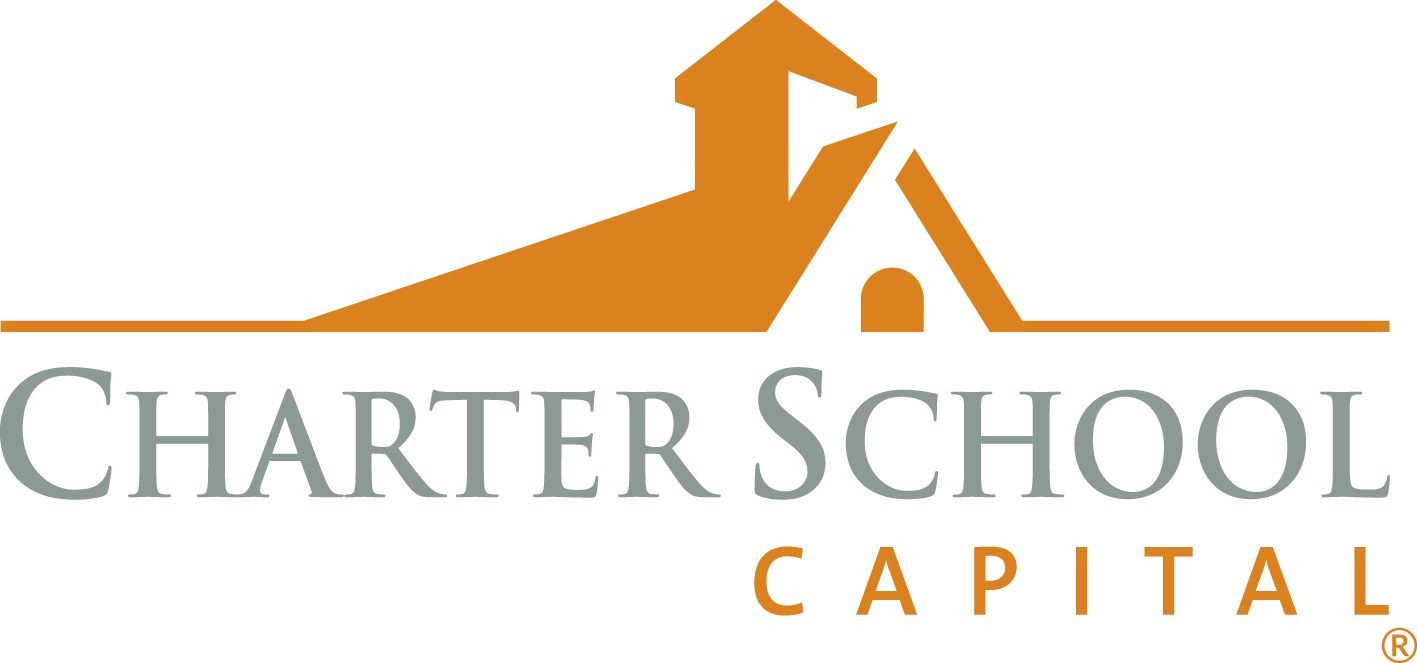On Tuesday, July 26th, CSC hosted a webinar detailing the budget and its implications for schools. We heard from Branché Jones, a Sacramento-based lobbyist and political consultant, and Monique Ramos, Partner with California Strategies & Advocacy.
Both experts agreed: it was a good year for the budget. “Not to say that everyone shouldn’t be fiscally prudent,” Ramos clarified, but overall the budget is good news for charter schools facing staffing shortages and other needs that have increased the cost of education. Both speakers also offered advice for charter leaders as they look ahead.
In case you missed the discussion, here some important takeaways:
- Understanding the educational parts of the budget is key. Our experts walked us through the multiple layers of funding for charter schools, highlighting the Learning Recovery Block Grant, the Arts and Music Infrastructure Grant, and Universal Transitional Kindergarten (TK). The provided Budget Proposal Matrix is a helpful document for understanding the educational parts of the budget—everything from student supports, school meals, and educator workforce resources. You can find that matrix at the link here.
- Declining enrollment will continue to be a long-term policy discussion. California saw charter school enrollment decline in 21-22 for the first time in 3 decades. With the rise of alternative learning models and faced with the uncertainty of the COVID variants, the past couple of years have, in Jones’s words, “changed the calculus that everyone uses when they think about schools.” Jones and Ramos both emphasized that the larger implications of enrollment continue to be a discussion—and one that all schools need to be concerned about moving forward.
- It’s an election year in CA—get to know your legislators now. The outcome of the California primary election will impact who is advocating for your school in the future, and both Jones and Ramos reminded listeners to engage with legislators before the busy election season gets started. That means this summer, while legislators are more likely to be residing in their districts rather than in Sacramento.
Jones recommended two ways to engage with local legislators:
- Invite them to visit your school. Giving legislators a tour that introduces them to principals, teachers, site leaders, students, and families is going to allow them to understand the enrichment you offer your community. A meeting like this could change the way they look at charter schools in California, seeing first-hand how your school operates. “It seems simple but it’s really effective,” Jones stressed.
- Support legislation. We all know about fighting legislation that will negatively impact schools, but don’t forget to weigh in positively as well. When there’s a piece of legislation that you believe in or that impacts members of your student population, Ramos suggests finding ways to support local assembly members. “Send in support letters to offer support for specific bills,” she urged, along with signing up for email newsletters. Engaging legislators in this way might mean they are more likely to keep your best interests in mind. As Ramos stated: “It’s a two-way street.”
Additional resources for school leaders can be found below:
- CCSA on the state budget update here.
- Budget Proposal Matrix here.
- Trailer Bills language here.
- Other Categorical and Federal Funding Sources here.
- Categorical Programs – Allocations & Apportionments here.
- LCFF Website for Base Funding Info here.
- Local Control Funding Formula – Allocations & Apportionments here.



 2020 Florida legislative season update: Could mean big things for teacher pay.
2020 Florida legislative season update: Could mean big things for teacher pay.
 With the year ending, it is time to focus on where the 2020 California Legislature may go on charter schools next year. This year, we saw the passage of AB 1505 and AB 1507 which changed the way that charter schools will be approved and renewed. The bills also put major restrictions on non-classroom based charter schools including a two-year moratorium on their authorization. Finally, AB 1507 placed new limits on where these charters can locate and where they can have resource centers.
With the year ending, it is time to focus on where the 2020 California Legislature may go on charter schools next year. This year, we saw the passage of AB 1505 and AB 1507 which changed the way that charter schools will be approved and renewed. The bills also put major restrictions on non-classroom based charter schools including a two-year moratorium on their authorization. Finally, AB 1507 placed new limits on where these charters can locate and where they can have resource centers.